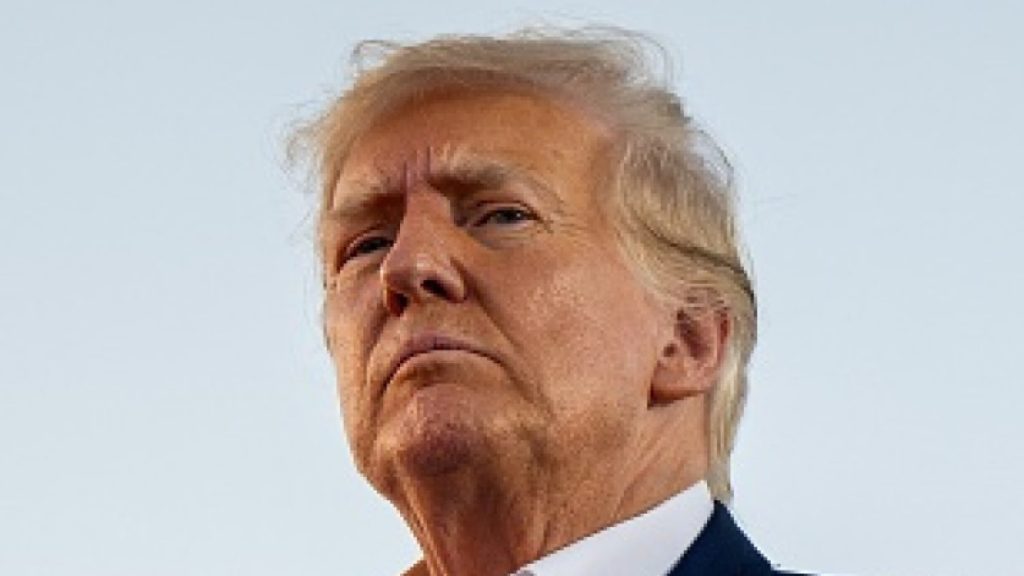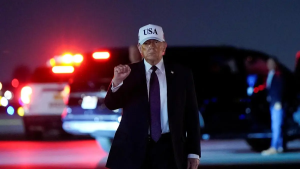Former White House Lawyer Ty Cobb Declares Justice Department’s Case Against Comey “Dead” Amid Legal Errors

Former White House lawyer Ty Cobb said the Justice Department’s case against former FBI Director James Comey is “dead” after a Virginia magistrate flagged apparent legal errors and “profound investigative missteps.”
Cobb, who served as a White House lawyer during President Donald Trump’s first term, told CNN that the Justice Department’s case collapsed under its own errors. He said the prosecution has been weakened by the disputed appointment of special prosecutor Lindsey Halligan and by a sharply worded opinion from U.S. Magistrate Judge William Fitzpatrick.
“I think it’s dead for two reasons,” Cobb said. “First, I think it’s because of the illegal appointment that is before another judge, [U.S. District] Judge [Cameron McGowan] Currie. But Magistrate Judge Fitzpatrick’s opinion today will be taught in law schools for 50 years as the epitome of prosecutorial misconduct.”
Comey was indicted in September by a federal grand jury in the Eastern District of Virginia on charges of making a false statement and obstruction of a congressional proceeding tied to his 2020 Senate testimony about the FBI’s Russia investigation. He pleaded not guilty last month and is awaiting trial.
In a 24-page ruling, Fitzpatrick ordered the “extraordinary” step of releasing grand jury records to Comey’s defense. The judge wrote that after reviewing the materials requested by the government, he had “identified two statements by the prosecutor to the grand jurors that on their face appear to be fundamental misstatements on the law that could compromise the integrity of the grand jury process.” “Both statements by the prosecutor are in response to questions by grand jurors and are directly related to communications involving Comey,” he added.
Cobb blamed Halligan “in large part” for the problems. “Her time in the grand jury is extraordinary. She told the grand jury, basically, that Comey didn’t have a Fifth Amendment right at trial to refuse to testify,” he said. “And therefore, he would be able to give his explanation as to the events and counter the government’s evidence, which the judge noted appropriately was burden-shifting. Moreover, she told the grand jury in an extraordinary statement not to worry about the record with which they had been presented because the government had better evidence at trial,” Cobb continued. “That’s like saying, ‘Please indict this person because we don’t have time to indict innocent people.’ It’s just way, way, way out of bounds.”




